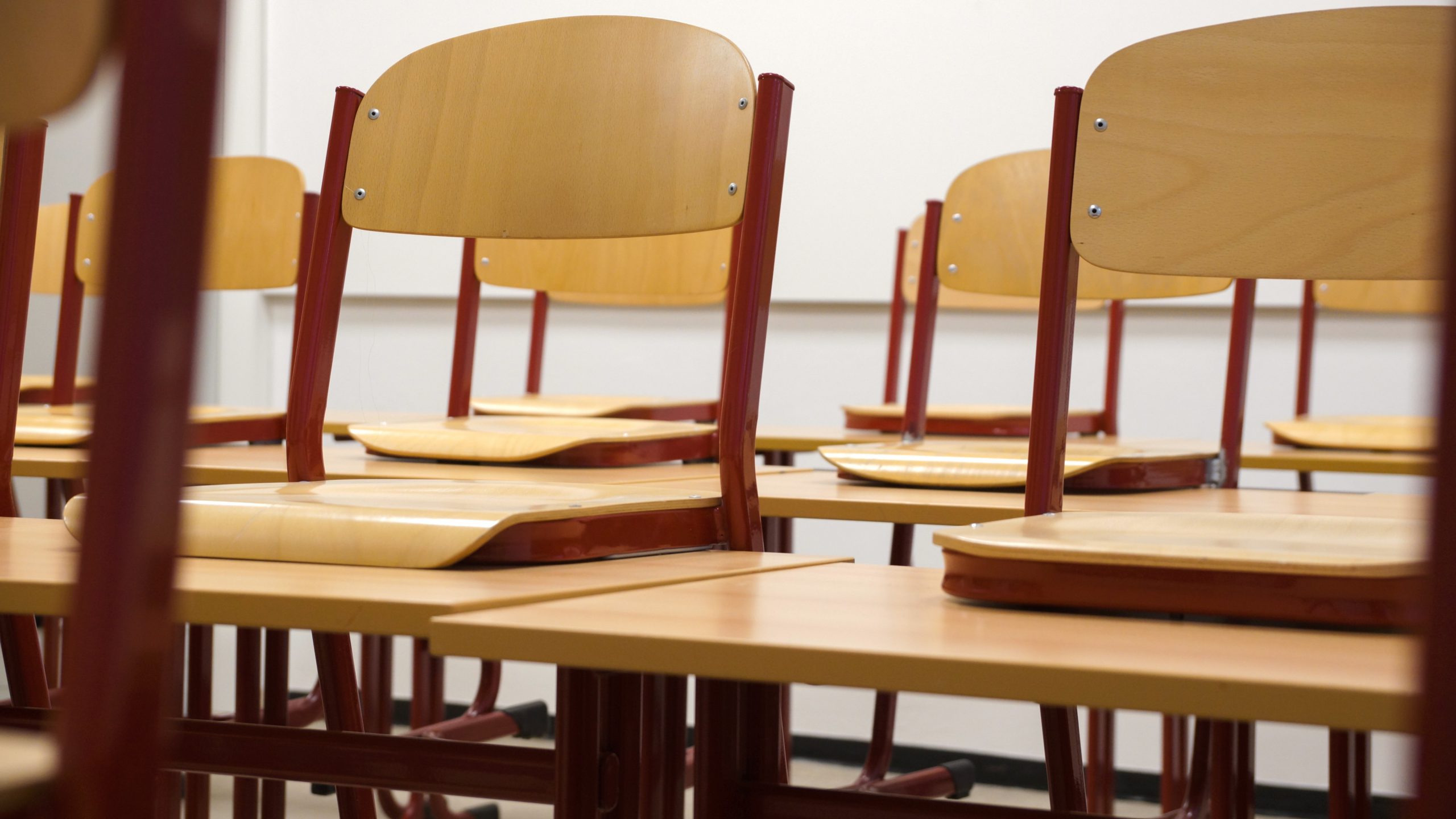
As an educator, it is important to be aware of the various ways in which Racial Trauma can manifest in the performance, behavior, and demeanor of students of color.
Below you will find resources that can help an educator understand, address, and overcome the various challenges associated with racial trauma for students of color. From facilitating safe spaces in your classroom to identifying allies in academia, these resources serve as a starting point for any educator who intends to be the difference that they want to see in the world.
Culturally Responsive School Leadership Article
Addressing Race and Trauma in the Classroom
Responding to Racial Trauma
Impact of Historical Trauma on African-Americans
Overcoming Cultural Mistrust in Youth Mentoring Relationships
Creating Space for Community & Courageous Conversations in the Classroom
Accomplices in the Academy in the Age of Black Lives Matter

Ways of Understanding: Media
We may never actually be able to step in someone else’s shoes and understand what their life is like, but different forms of media bring us close to that reality. Whether it be through music, books, or something on TV, different forms of media have the ability to bring certain experiences to life. Below, we provide a list of different forms of media that capture aspects of the minority experience. This is not an exhaustive list, but a first step towards helping you, the educator, come close to the experiences of your students in order to better serve them.
Podcasts

1619 by New York Times
Hosted by recent Pulitzer Prize winner Nikole Hannah-Jones, the 1619 audio series chronicles how black people have been central to building American democracy, music, wealth, and more.
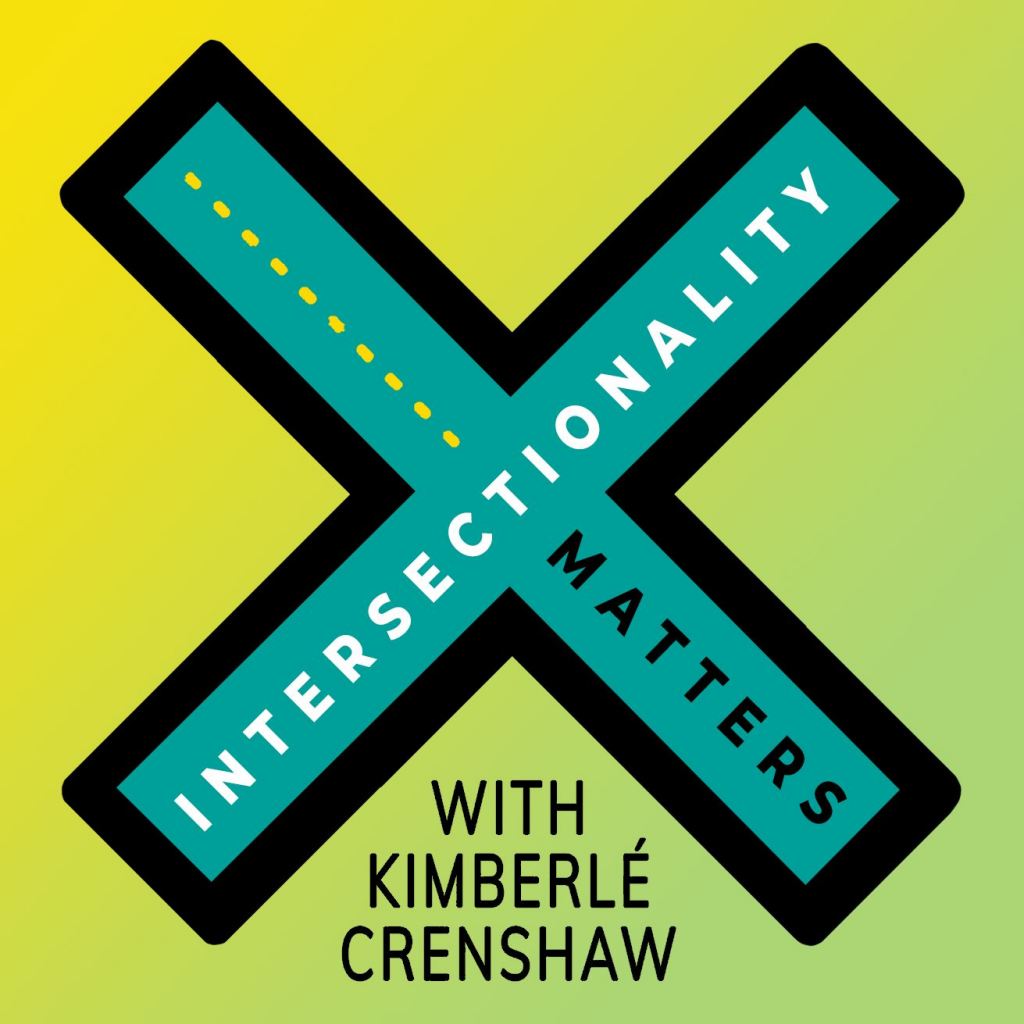
Intersectionality Matters
Hosted by Kimberlé Crenshaw, a leading critical race theorist who coined the term “intersectionality,” this podcast brings the academic term to life. Each episode brings together lively political organizers, journalists and writers.
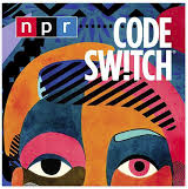
Code Switch by NPR
Shereen Marisol Meraji and Gene Demby explore how issues of race and identity manifest in every corner of American culture, from music to poetry to sports. Meraji and Demby welcome guests for well-informed discussions about everything from how Puerto Ricans identify ethnically to why some people are suspicious of the U.S. Census.
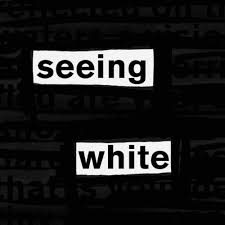
Seeing White by Scene
Seeing White is an excellent primer on the history of whiteness in America, sharing lesser-known events that will inspire white listeners to see their own place in society with fresh eyes.
Movies / Series
13th (Netflix)
Filmmaker Ava DuVernay explores the history of racial inequality in the United States, focusing on the fact that the nation’s prisons are disproportionately filled with African-Americans.
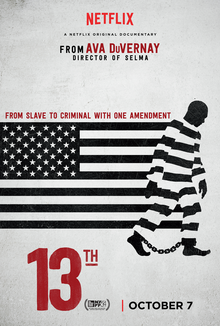
When They See Us
Ava DuVernay’s gut-wrenching — and essential — miniseries is based on the true story of the falsely accused young teens known as the Central Park Five.
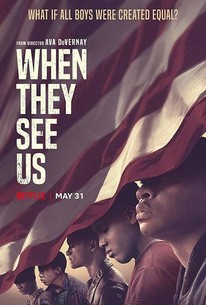
The Hate U Give
The story follows Starr Carter’s struggle to balance the poor, mostly black neighborhood she lives in and the wealthy, mostly white school she attends. Things become more complicated after she witnesses a police officer killing her childhood best friend
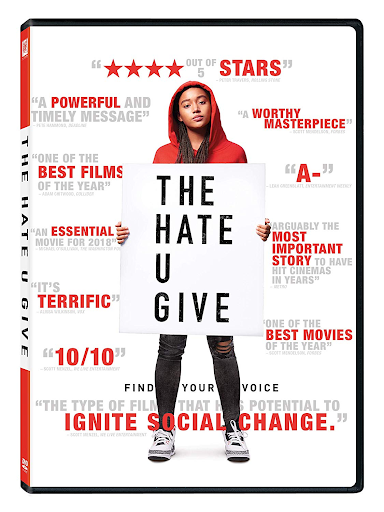
Dear White People
Based on a film of the same name, this series shows the biases and injustices that a group of students of color face at Winchester University, a predominantly white Ivy League college.
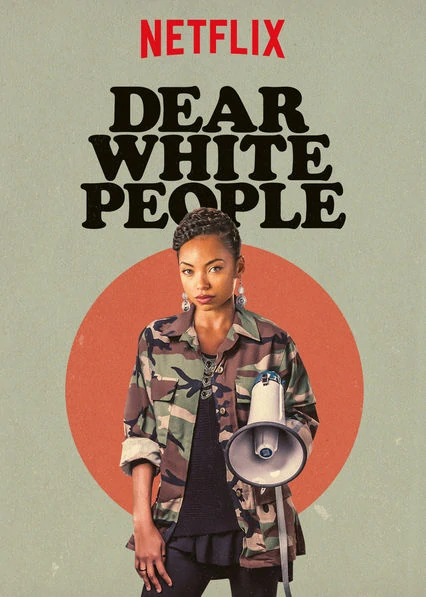
Literature

Culturally Responsive School Leadership by Muhammad Khalifa
Focuses on how school leaders can effectively serve minoritized students—those who have been historically marginalized in school and society. The book demonstrates how leaders can engage students, parents, teachers, and communities in ways that positively impact learning by honoring indigenous heritages and local cultural practices.

We Want to Do More Than Survive by Bettina Love
Drawing on her life’s work of teaching and researching in urban schools, Love persuasively argues that educators must teach students about racial violence, oppression, and how to make sustainable change in their communities through radical civic initiatives and movements.
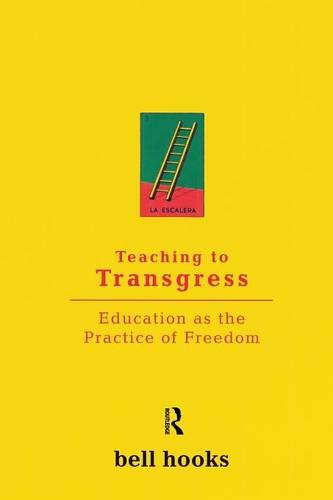
Teaching to Transgress by bell hooks
In this book, hooks shares her philosophy of the classroom, offering ideas about teaching that fundamentally rethink democratic participation. She writes about a new kind of education, education as the practice of freedom.
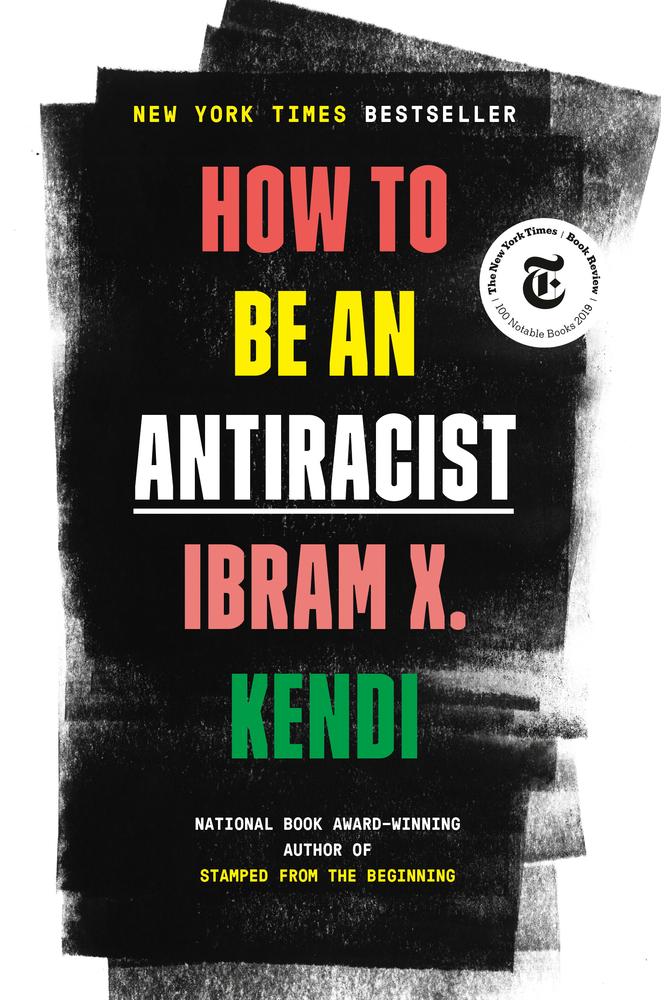
How To Be An Antiracist by Ibram X. Kendi
The founding director of the Antiracist Research and Policy Center uses history, science, class, gender and his own journey to examine racism and what to do to fight it in all forms.
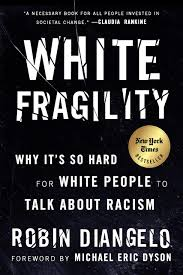
White Fragility by Robin Diangelo
In this in-depth exploration, DiAngelo examines how white fragility develops, how it protects racial inequality, and what we can do to engage more constructively.
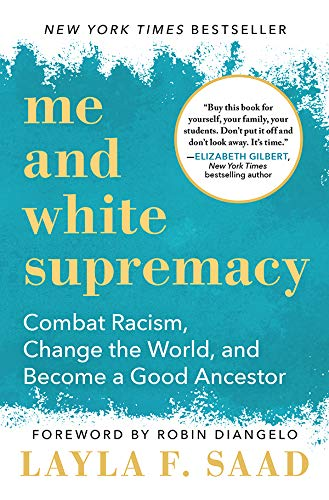
me and white supremacy by Layla F. Saad
This book asks readers to address their own biases and helps white people tackle their privilege so they can stop harming people of color, even unconsciously.
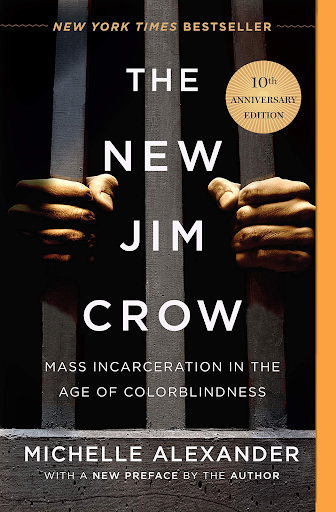
The New Jim Crow by Michelle Alexander
Alexander challenges the idea that President Barack Obama’s election welcomed a new age of colorblindness, and challenges the civil rights community to place mass incarceration at the forefront of a new movement for racial justice.

